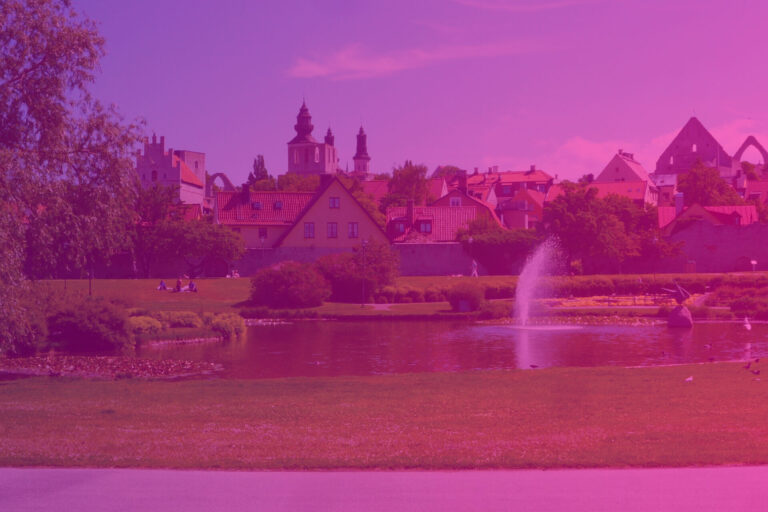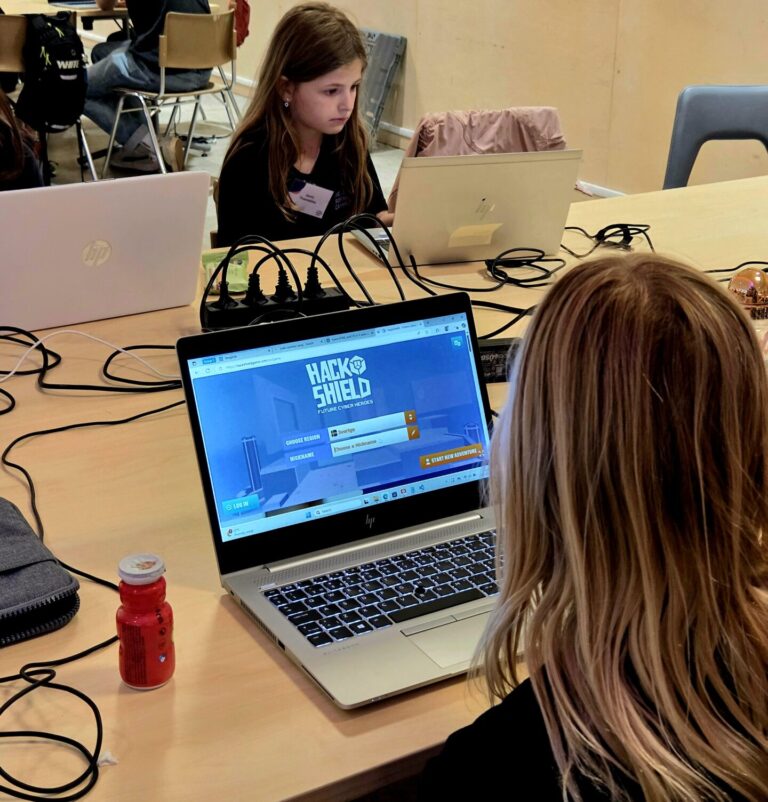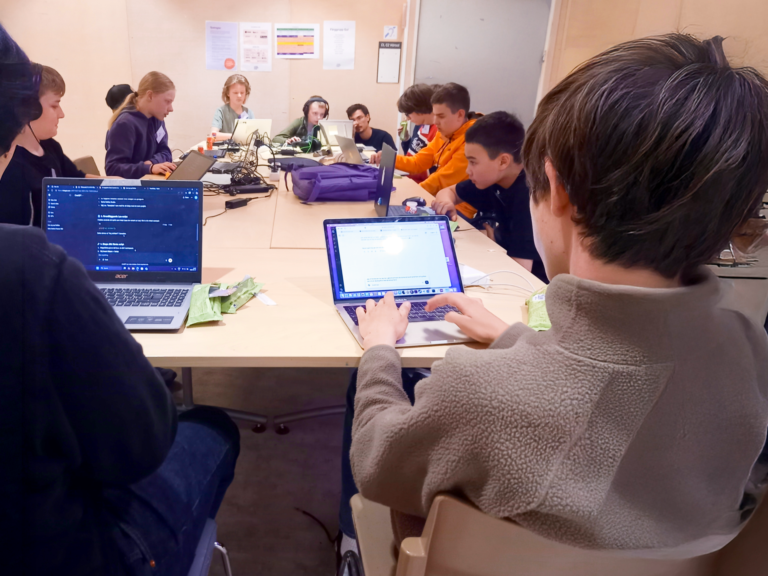Science Parks & Incubators from all over Sweden gather at the annual Swedens Innovation Parliament this week. An event that brings together the core of Sweden’s national and regional profiles from innovation environments, politics, business, academia and society. Those who work to promote, strengthen and develop innovation, business and politics based on current societal challenges.
In parallel with the Innovation Parliament, the digital event Sweden Innovation Days highlight Swedish innovation power and companies from an international perspective. The event is dedicated to fostering international collaboration, so whether you are a startup, intermediary or corporate working in the public sector, civil society, academia or a government agency, there will be something for everyone.
Each day will focus on a critical aspect of how we work with and enable innovation. Linköping and Östergötland participate in the events in several different ways. This is an effective way to market the opportunities available with us, promote future collaborations and support companies to develop: not least in an international context.
Linköping Science Park CEO Lena Miranda in conversation with Sweden’s Minister of Education, Mats Persson
Tuesday, March 21, Lena Miranda will participate in a panel discussion on Securing a leading innovation landscape – The role of the New European Innovation Agenda. In addition to the minister, Ebba Lund, CEO of the international branch organization for Science parks, IASP, and Michael Johnsson, Director of Region Skåne Brussels Office, will also participate.
Anna Broeders on talent attraction
People are the most valuable resource for innovation – How to attract and retain talents is the panel discussion theme in which Anna Broeders participates on Thursday, March 23.
Switch to Sweden – New ways to connect from Linköping.
By 2024, we will need more than 70,000 awesome talents to work in tech industries in Sweden. Switch to Sweden is an initiative to help solve this challenge. This initiative matches companies and international academic talents already in Sweden based on skills and motivation factors. Anna Broeders presents our global talent initiative at Sweden Innovation days.
International academic talent in Sweden – Opportunities for business growth
By 2024, Sweden will need more than 70,000 workers in tech industries. In this Session, the Swedish Institute and international academic talents working in different technology areas will share their stories about the opportunities and challenges of working in Sweden. The Session is led by Linköping Science park’s Hela Galvis, Project Manager, Switch to Sweden. Participants make several linköping profiles: Sajid Athikkay, Co-founder, Dazoq and Abhijeet Anand, MS in Statistics and Machine learning, Linköping University and student employee at SICK.
Powerful Swedish large-scale language models with Anders Ynnerman
There is a real need for Swedish language models, both in the public and private sectors. The GPT-SW3 project brings stakeholders from the public sector, industry and academia to reduce the threshold for using advanced language models to solve text-processing tasks. This will lead to a disruptive change and acceleration in AI-driven Swedish language technology. Moreover, seen from a democratic perspective, the models can help bring citizens and customers better services with increased accessibility.
Professor Anders Ynnerman holds the Chair in Scientific Visualization at Linköping University. He is the director of the Wallenberg AI, Autonomous Systems and Software Program (WASP), which is the largest research program in Sweden.
Smart Twins for Forest Environment with Visual Sweden
Digital forest models can be used for forest management, guidance, planning, and protection, and they also allow for sharing of data and collaboration in complex cases.
It is also necessary to support users to be able to combine short- and long-term economic efficiency with sustainability by visualising the current state of the forest. The forest industry already uses digital tools, and by improving resolution and user interaction the quality of their work can be improved. We will present our work within the Visual Sweden platform project Smart Twin and will describe the use of many different sensor types, show advanced visualisation techniques, and demonstrate new possibilities with the available technologies.
The session includes Lena Klasén, Professor at Linköping university and Research Director, Swedish National Police Authority, Martin Holmberg, Professor and Researcher, RISE, Project Manager, Smart Twins and Ulrika Johansson, Project Manager, Visual Sweden, Linköping Science Park
Measuring real impact with Catharina Sandberg, CEO LEAD
This session will explore the different aspects of how we create and measure the impact of sustainable growth, both in corporates and startups. Catharina Sandberg is the CEO at LEAD Business Incubator in Linköping and Norrköping. A deep-tech incubator owned by Linköping University, closely related to Linköping University and the Science Park
Developing future skills with Fredrik Heintz, Professor of Computer Science at Linköping University
Given increased competition, technology development and other challenges, we need to develop new ways of workplace learning. Industry and higher education institutions are key players in solving the challenges by strengthened collaborations in education, research and innovation. Fredrik Heintz is a Professor of Computer Science at Linköping University, where he leads the Reasoning and Learning Lab. His research focus is artificial intelligence especially Trustworthy AI and the intersection between machine reasoning and machine learning. Fredrik is also the Director of the Wallenberg AI and Transformative Technologies Education Development Program (WASP-ED), Director of the Graduate School of the Wallenberg AI, Autonomous Systems and Software Program (WASP).
Public procurement as an innovation engine, with Louise Felldin, Director of Business, Linköping Municipality
Public sector has a huge potential to drive innovation and transformation. In Sweden alone, public procurement is worth over 800 billion annually, and if we look at the entire EU, public procurement covers almost 14% of the EU’s GDP. The strategic use of innovation procurement is emphasized to an increasing extent at all governance levels to meet the societal challenges and to take advantage of the innovative capacity that exists in both companies and the public sector.
Public sector as driver of innovation and green transition, with Niklas Tideklev, Strategy Manager Region Östergötland
This panel will discuss how demand in the public sector can be a great driver for both innovation and increased markets for impact startups and scaleups.
The public sector can lead the way by requiring and procuring new solutions from startups and scaleups that are clearly assessed and calculated to have a large climate impact. This will also help the startups and scaleups to better take on further markets and opportunities as a next step.
We want to make Sweden a leading country, not only for startups, but also for scaling business
How do we make Sweden the leading country, not only for start-ups, but also for scaling companies? Experiences and dialogue about the way forward for Sweden’s support for scaleups. Ideon Science Park has experience working with the Navigator program and in Linköping we have been part of developing Swedish Scaleups together with Create Business Incubator, Inkubera, Eskilstuna Municipality, Norrköping Science Park, Linköping Science Park, Uppsala Innovation Centre, Lead and Vreta Kluster .
Linköping Science park CEO Lena Miranda participates in the panel discussion.
Delegation visit to Norrköping
In connection with Sweden Innovation days, a delegation visit with representatives from India, among others, is carried out to Visualization Center C in Norrköping. Linköping Science Park Annette Bystedt is helping to arrange the visit and will present parts of our operation within IoT and AI.

